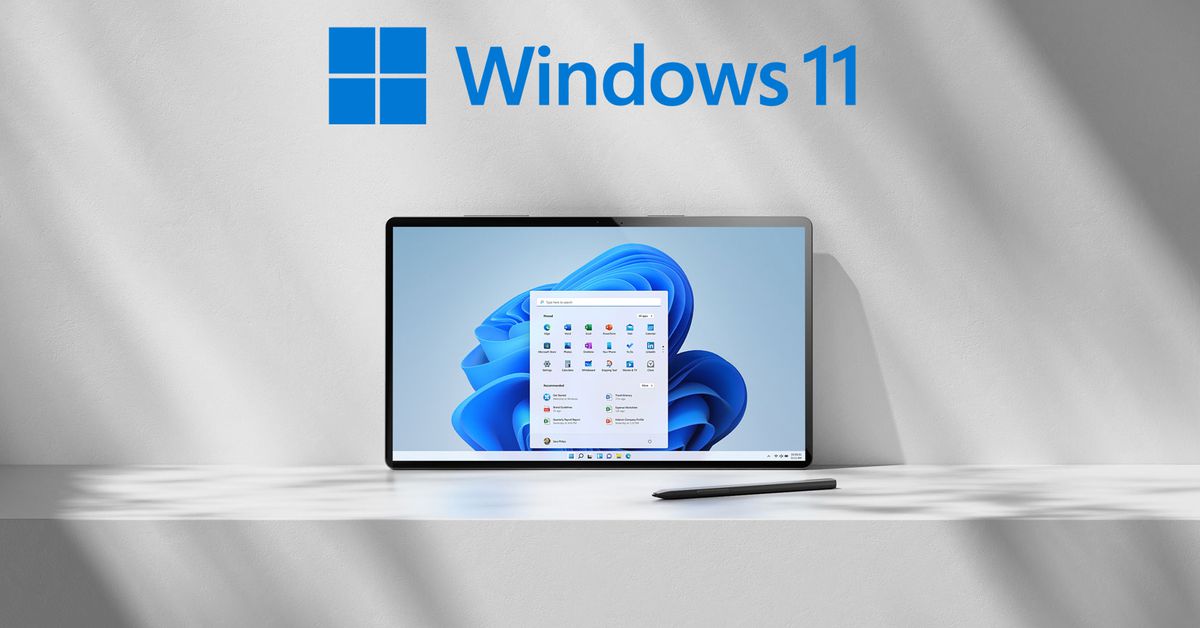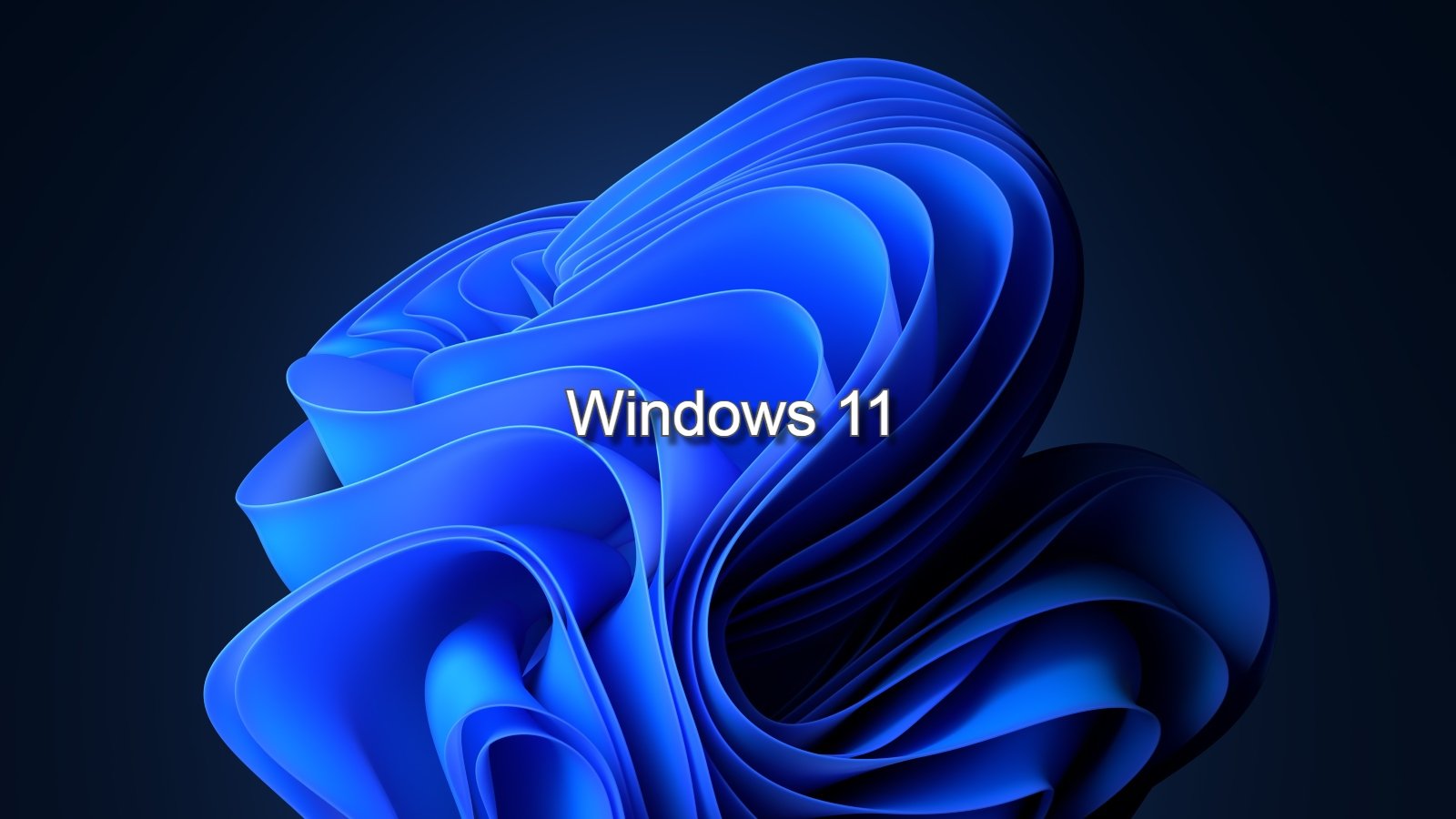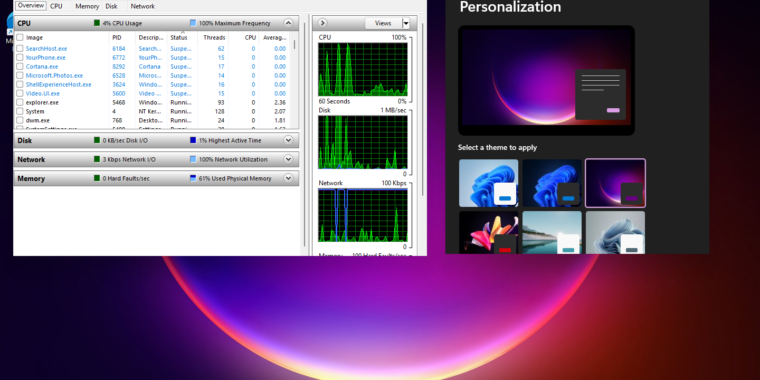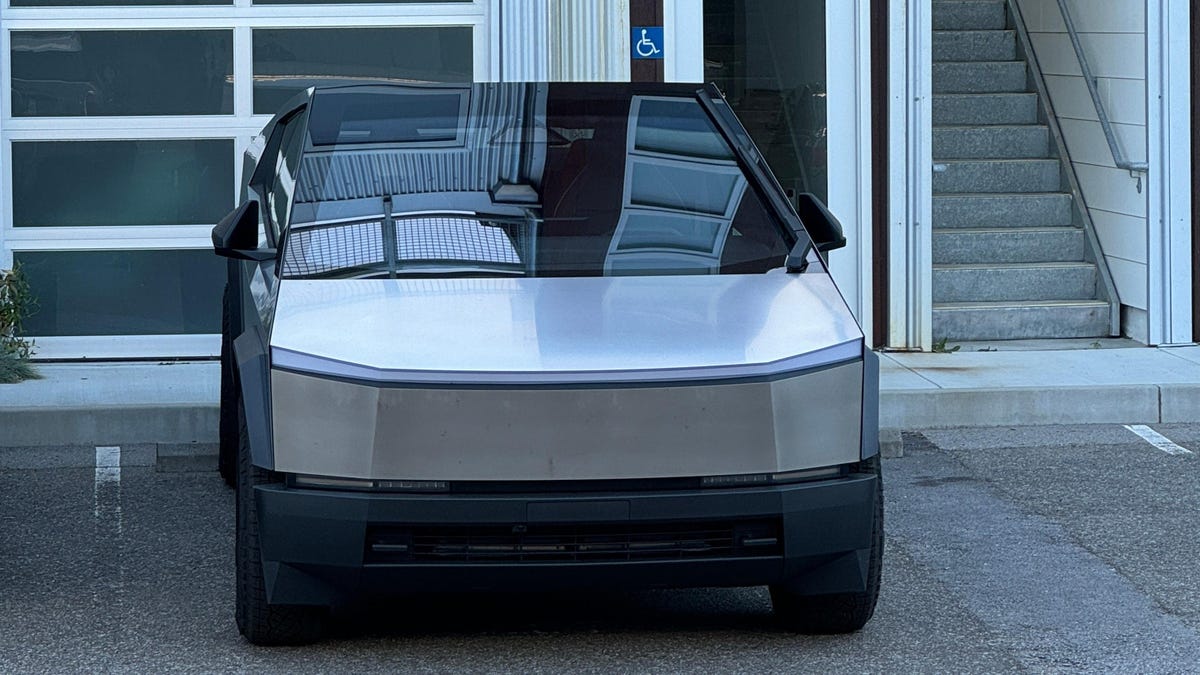
Windows 11 will leave millions of PCs behind, and Microsoft is struggling to explain why
Microsoft has had six years to prepare for the launch of Windows 11, but the company is still struggling to explain its new hardware requirements. Windows 11 will officially support Intel 8th Gen Coffee Lake or Zen 2 CPUs and up, leaving behind millions of PCs that were sold during the launch of Windows 10.
It’s an unusual surprise if you purchased a new PC for Windows 10, or perhaps you have a perfectly capable machine that’s even older. Windows 11 will require Intel 8th Gen Coffee Lake or Zen 2 CPUs and up, TPM 2.0 (Trusted Platform Module) support, 4GB of RAM, and 64GB of storage.
Microsoft doesn’t typically enforce such specific processor requirements with Windows — with both Windows 8 and Windows 10 only requiring a 1GHz processor, 1GB of RAM (2GB for 64-bit), and 16GB of storage (20GB for 64-bit). Power users of Windows, and IT admins alike, have built up an expectation of being able to upgrade to the latest OS, regardless of what hardware they’re running. It looks like that’s about to end with Windows 11.
After much confusion last week, Microsoft attempted to explain its hardware requirements again yesterday, and it sounds like the main driver behind these changes is security. Coupled with Microsoft’s hardware requirements is a push to enable a more modern BIOS (UEFI) that supports features like Secure Boot and TPM 2.0 (Trusted Platform Module).

















/cdn.vox-cdn.com/uploads/chorus_asset/file/24987916/Mark_Zuckerberg_Meta_AI_assistant.jpg)




